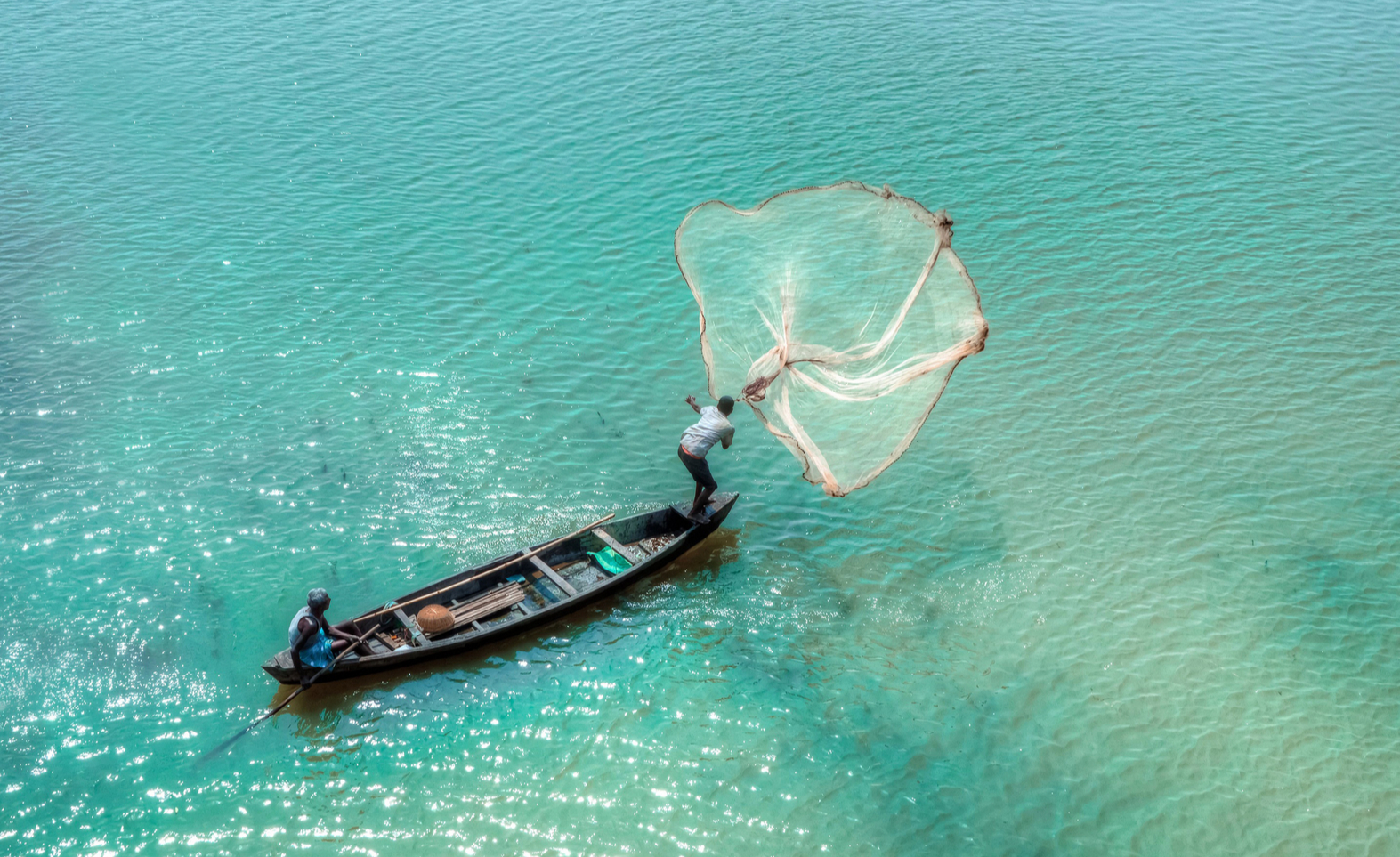
May 30, 2021
A virtual India-Philippines Marine Fisheries and Aquaculture business conference was held to bolster cooperation in the Blue Economy sphere.
The Philippines is looking at making investments in setting up tuna processing facilities in India.
The PMMSY may be synced with the plans that emerge from this conference to further the cooperation.
Other areas of interest to boost productivity and business opportunities include shrimp cultivation and sea-weed farming.

In a bid to bolster Indo-Philippines cooperation in the Blue Economy realm and with the aim of exchanging various technologies, enhancing their mutual capacity while enabling policies that support the fisheries sector of both nations, a virtual India Philippines Marine Fisheries and Aquaculture virtual business conference was held recently. Attendees included representatives of India’s fishery industry and the Philippine Chamber of Agriculture and Fisheries Inc. along with the Indian Ambassador to the Philippines, Hon’ble Shambhu Kumaran. The option of Philippines looking at potentially investing in setting up tuna processing facilities in India, and India looking at exporting its tuna for processing in the Philippines, could turn out to be a win-win situation for both, owing to Philippines’ special duty privileges to export tuna to the EU and the fact that tuna is one of the Philippines’ largest seafood exports with a yearly value of US$350 million to US$400 million.
Last year Indian prime minister Narendra Modi unveiled the Pradhan Mantri Matya Sampada Yojna (PMMSY) which aims to achieve US$ 13.73bn (INR 100,000 crores) in marine exports by 2025 and increase fish production to 22 million metric tons by 2025 from 13.76 million metric tons in 2018-19. It also offers incentives to investors wishing to set up processing units in India. This may be synced with the plans emerging from the cooperation between India and the Philippines, to expand and yield better results. Similarly, it may also prove to be a pivotal factor in augmenting India’s Indo-Pacific Oceans Initiative (IPOI). IPOI was chartered by prime minister Modi in 2019 as India’s strategy to build cooperative links with partners in the Indo-Pacific region in areas of cooperation like the Blue Economy, maritime security, connectivity, and disaster management.
Today, while the COVID pandemic has ravaged and engulfed the entire world, people are looking at ensuring health security. Whilst this is of prime importance, it is equally crucial to ensure food security, by making global supply chains more robust. India and Philippines plan to work in tandem to the advantage of each, with India being one of the major producers of tuna ready for canning and processing. Other areas where India may extend its cooperation include shrimp cultivation as it is among the largest producers and exporters of shrimp and thereby could also extend technology and research and development to the Philippines. India is also interested in learning about seaweed farming from the Philippines, as it is one of the top countries in seaweed cultivation in Asia with expertise in red, brown, and green algae farming. These opportunities of cooperation and mutual investments will not only augment productivity but will also provide immense business opportunities in India.